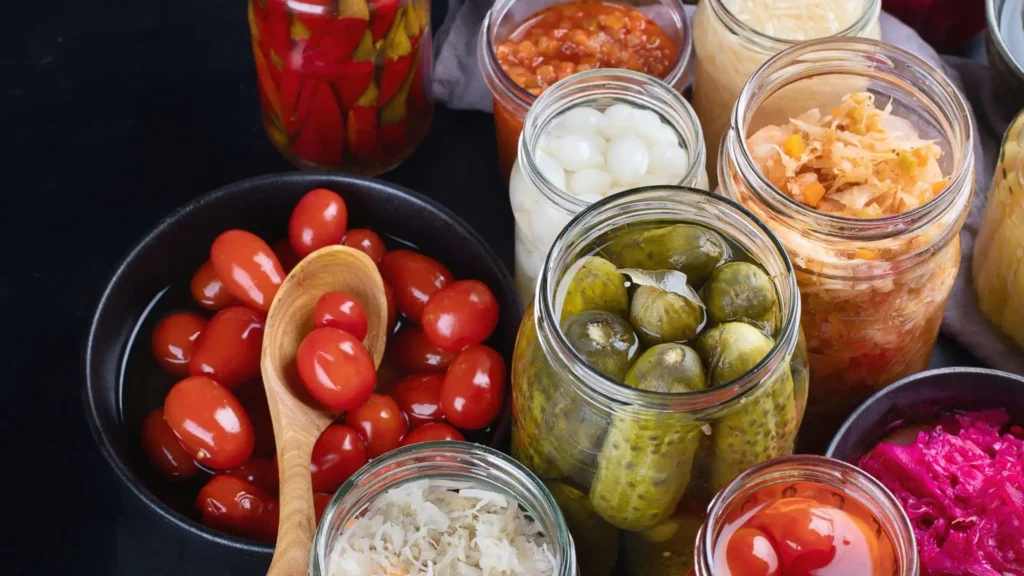During the Covid-19 pandemic, many people didn’t get a new job, even after six months of losing their job. Thus, it is important to have an emergency fund or a savings account. You can keep saving more to meet a year’s expenses and be prepared for unprecedented tough times.
Determining the target balance
To determine what amount you should set aside, you can observe how much money is spent on the essential bills — like rent, mortgage, insurance premiums, and loans. If you are not bound by those payments, you can add groceries, everyday food, and transportation. The easy way to do this is by analyzing bank statements. You don’t have to include leisure and entertainment expenses as they would be reduced anyway, during an emergency.
The main goal here is to have savings to pay the essential bills for at least six months without getting into debt. This could be achieved if you save and have an amount that is three times more than monthly expenses. If your monthly expenses are $4000, you should aim to have $12,000 in savings.
That is just the minimum amount. You can keep saving more to meet a year’s expenses and be prepared for unprecedented tough times. In fact, during the Covid-19 lockdown, many people didn’t get a job even after six months of losing the job. Some had irregular income with pay cuts. Thus, savings to meet a year’s worth of expenses itself wouldn’t be enough in such cases. Moreover, having more money would make provision for discretionary expenses like leisure and entertainment.
I’m living paycheck to paycheck; what do I do?
If you feel you are far behind what you would prefer in the savings, you could take strategic steps to reach there.
To begin with, you can try reducing optional expenses. This might be a difficult choice for some of us, but financially, it is the easiest way to increase savings. For instance, if you often order food from a restaurant, you could look up online to find recipes and try to cook them instead. Nevertheless, you don’t have to cut down these expenses entirely but make sure to adjust and spend less.
You can set up automatic transfers to set aside some money as soon as you receive your salary. You can usually schedule on your bank’s website or mobile app. That way, a certain amount would remain untouched as soon as you receive the salary. If you have more time, you can also take up another part-time job to increase your income.
Savings account interest rates
The average savings account interest rate is 0.06%. This rate is less, and you would earn just a few dollars in interest after a few years.
But, if you add $3000 to a high-yield savings account, it would have at least a 0.50% annual percentage yield; hence, you would be earning more than $15 after a year. Though the amount is not really big, it is definitely an increase from the original savings balance. Moreover, the interest would earn interest after a while — and the amount would increase.
Also know about: Premium Checking Account
Think long term
- Suppose you have surplus money in the checking and savings accounts; you have the prospects to earn higher yields. If you don’t need the money you have set aside for months or years, consider certificates of deposit — they often earn higher rates than savings accounts.
- You can also invest. Investing is a comprehensive strategy; though investing would yield a profit, unlike saving, the returns are not assured. Saving is risk-free with no significant increase.
- You can add living expenses of two months in your checking account with a 30% buffer and living expenses of six months in a savings account; this would receive substantial returns.
As long as you make deposits regularly after finding a reasonable interest rate, you would indeed have a considerable amount saved. You can rely on it in times of need, in the future.


























